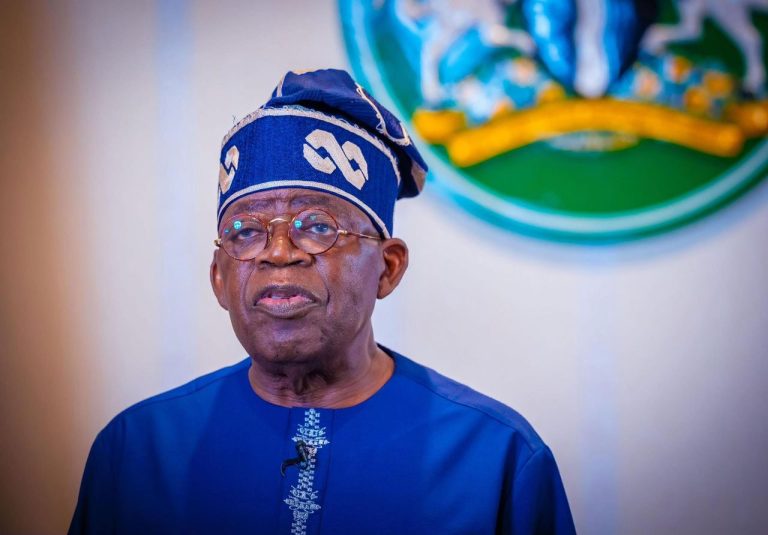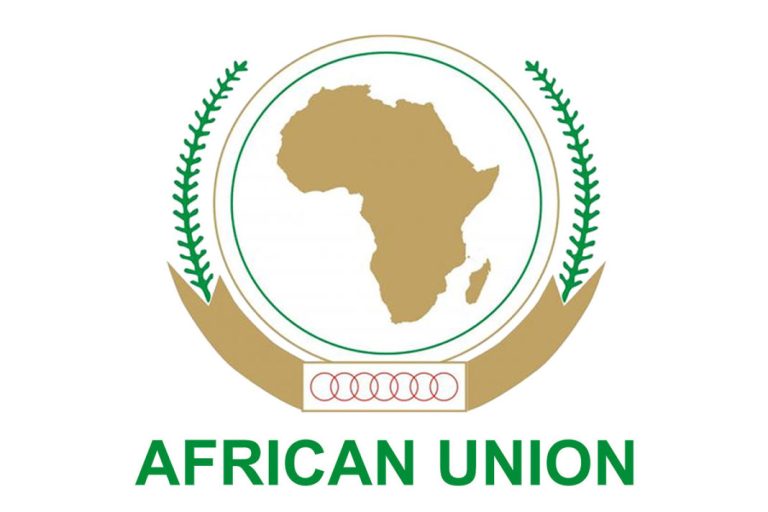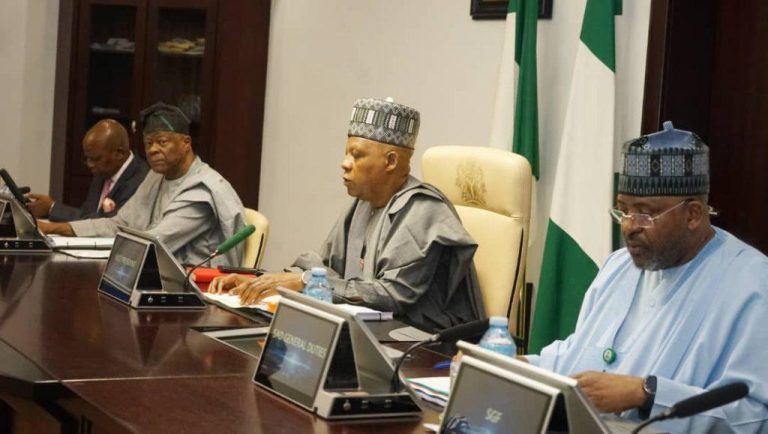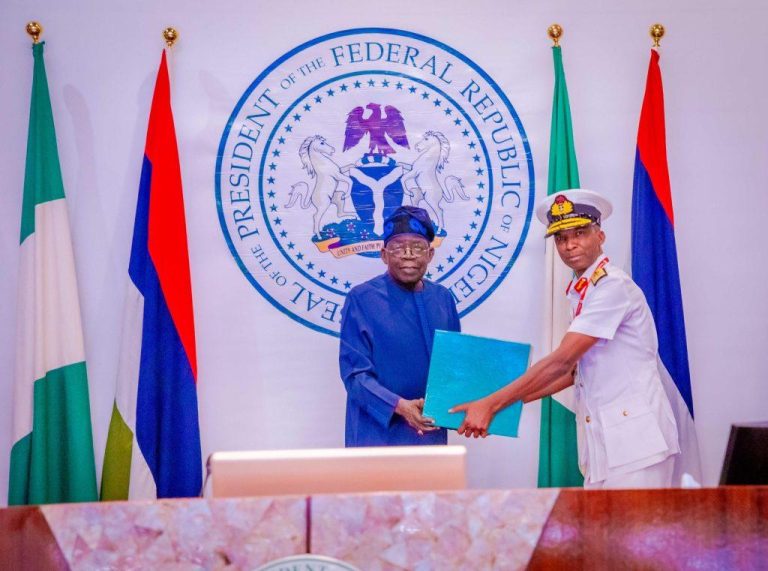
Nigerian-flag

I have followed developments since the Rufai–Arise TV episode, and I find it necessary to add my voice to the ongoing conversation.
Having spent over two decades in broadcasting and communication—spanning newsroom practice, academic teaching, fieldwork, and media production.
I speak not as an observer, but as a practitioner grounded in both theory and experience.
I have studied Mass Communication, Development Communication, and Social and Behaviour Change Communication, all of which have shaped my understanding of professionalism in the media space.
Who Truly Is a Broadcaster or Journalist?
In recent years, Nigeria’s media space has been flooded with individuals who, though they report, write, or present, cannot rightly be called journalists or broadcasters.
Merely possessing a microphone or writing for a publication does not make one a professional communicator.
A true broadcaster is distinguished by training, practice, and ethics, three inseparable pillars that must be evident in conduct, delivery, and respect for the profession.
The Microphone Is Not a Weapon
The microphone is a symbol of trust. It is a tool of service, not an instrument of intimidation or arrogance.
Unfortunately, too many presenters today behave as though their platforms confer judicial authority.
A media host must never talk down to a guest or respond to provocation with insults.
The studio is not a courtroom; it is a space for dialogue, clarity, and enlightenment.
A trained presenter should demonstrate humility, restraint, and composure, creating a respectful atmosphere for all participants.
Professionalism Is a Reflection of Character
Recently, I listened to a friend on air struggling with basic news delivery. Out of professional concern, I offered constructive feedback.
Her reply, “get out and keep your advice to yourself” was both shocking and revealing.
It spoke volumes about the declining culture of mentorship, learning, and humility within the industry.
The media profession is built on continuous improvement and the willingness to learn.
When pride replaces discipline, and arrogance substitutes professionalism, the airwaves suffer.
A Call to the NBC and the Industry
The National Broadcasting Commission (NBC) must act decisively to restore the dignity and decorum that once defined Nigeria’s broadcasting heritage.
Ethical lapses and unprofessional conduct should never be celebrated or tolerated.
Our airwaves must once again become platforms of enlightenment, civility, and public trust—not arenas for ego display or intellectual brigandage.
The time has come for practitioners, regulators, and institutions to recommit to the values that once made Nigerian broadcasting a model of excellence across Africa.
Conclusion
A true broadcaster is not measured by eloquence or boldness alone, but by character, ethics, and emotional intelligence.
The microphone carries power but that power must always serve the public, not the ego.
This opinion was written by Comrade Martins Abantlehe
Broadcaster | Communication Specialist | Media and Development Expert
Read Also:
Media Pushes for Credible Electoral Reforms in Nigeria





